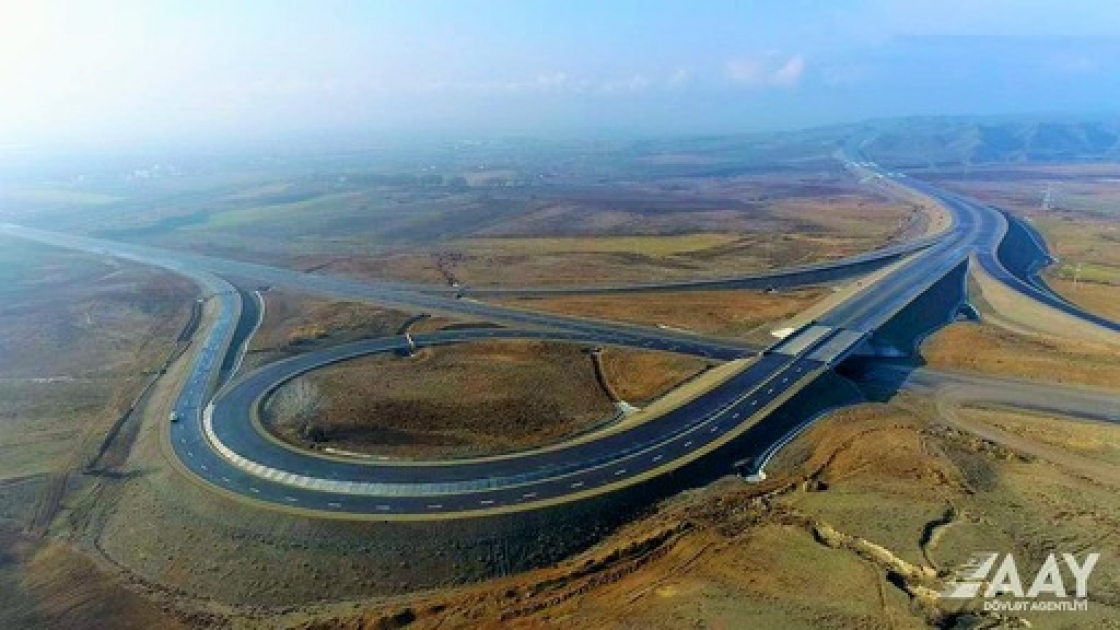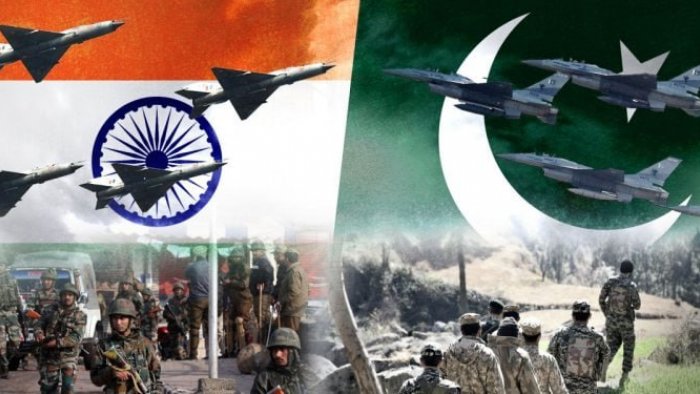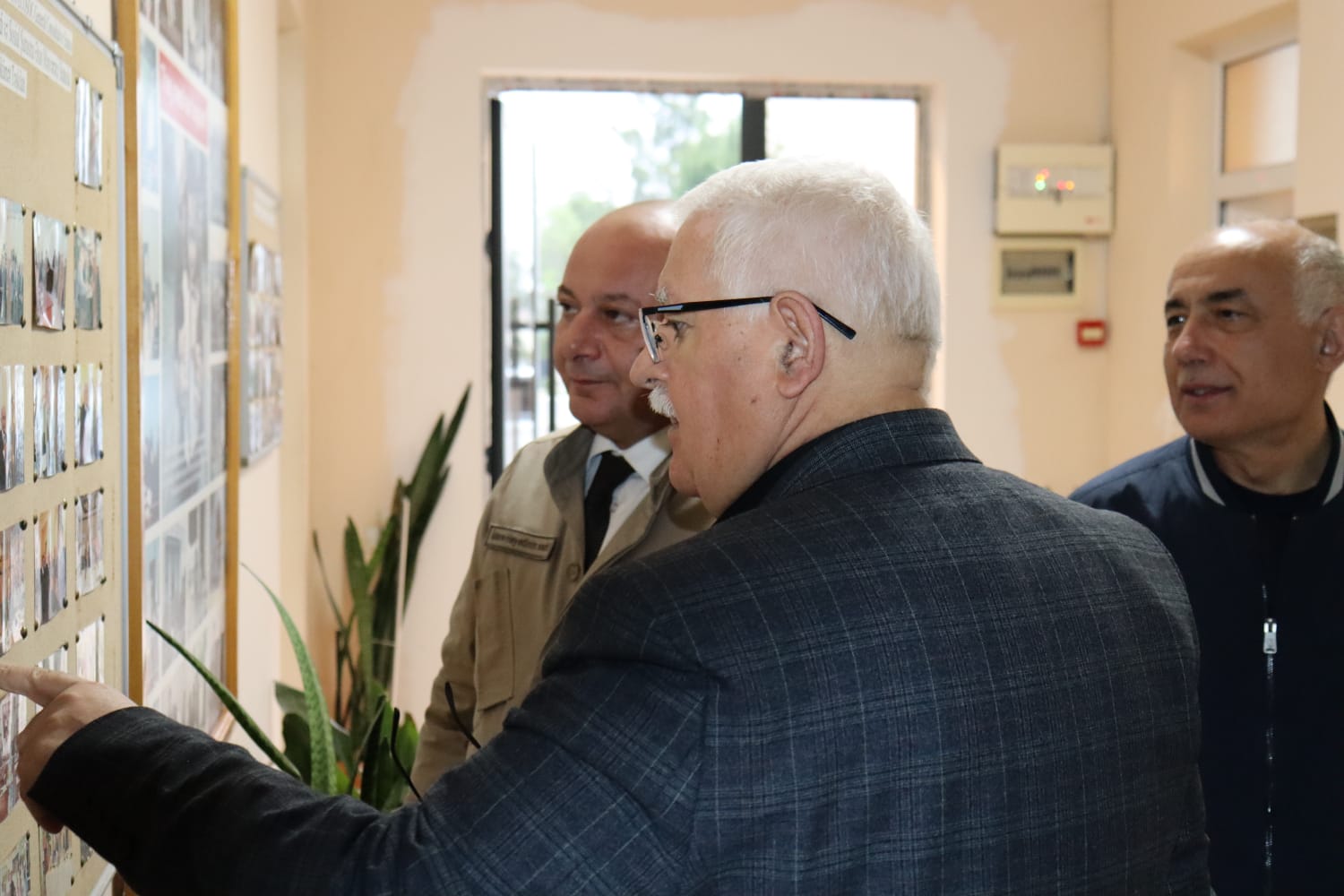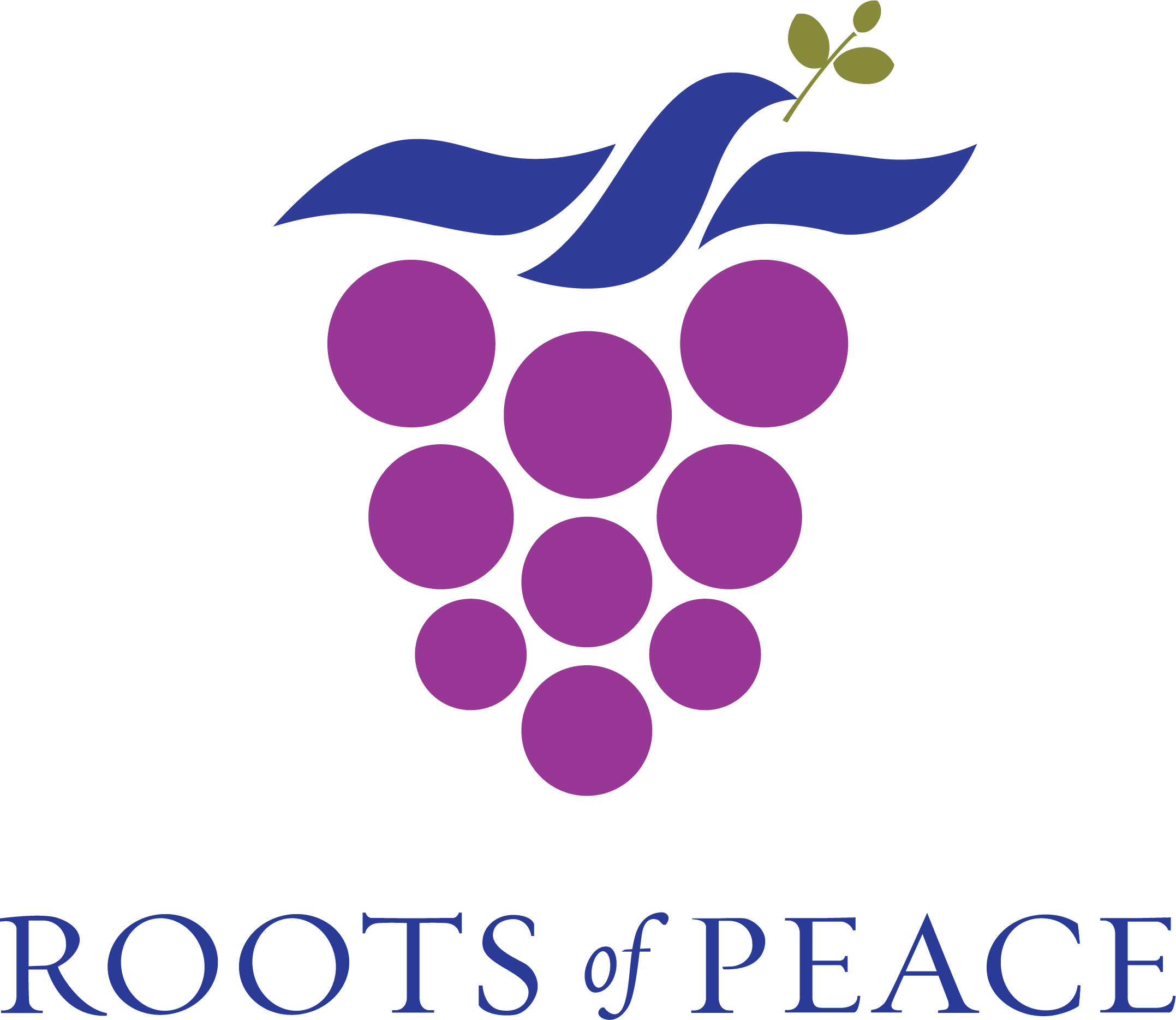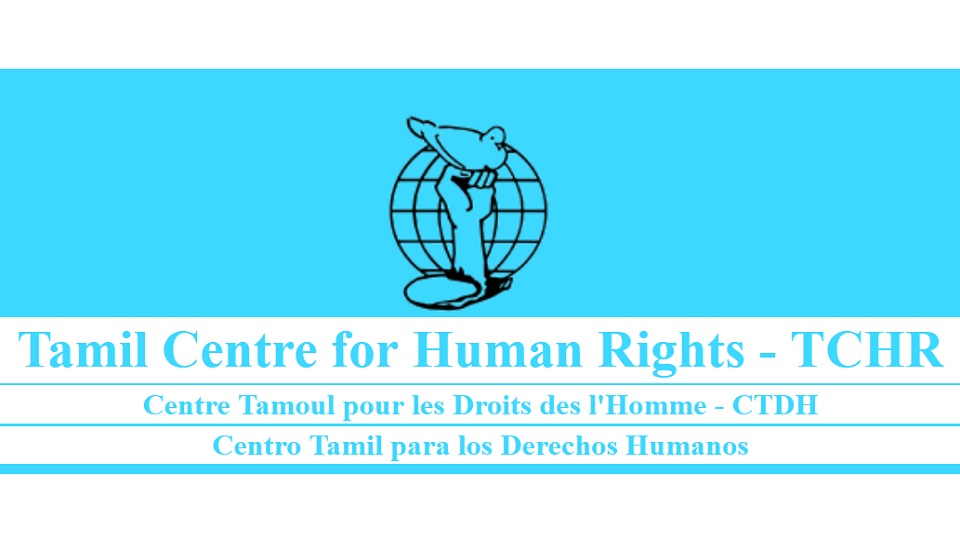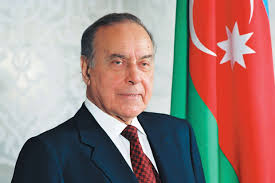Along with the successful completion of local anti-terrorist measures and the establishment of constitutional structure and order in the Karabakh region, Azerbaijan accelerated the implementation of the regional transport and logistics hub project.
Thus, on October 6, near the village of Aghband, Zangilan district of Azerbaijan, a discussion was held regarding the construction of a joint car bridge with Iran and the future border-customs infrastructure. The new bridge is the main component of the 123.5-kilometer Horadiz-Jabrayil-Zangilan-Aghband highway under construction. In the future, this route will be connected with the transport communications of Nakhchivan Autonomous Republic for direct access to Turkey.
Why is Iran changing its attitude?
Baku and Tehran are considering alternative options for the Zangezur Corridor. In addition, it should be noted that after the terrorist act against the embassy of Azerbaijan in Iran, an agreement was reached to restart it. It seems that Iran is trying to re-normalize relations with Azerbaijan. Why does Iran, which has repeatedly used Armenia against Azerbaijan, strive for normalization of relations again?
Such a step is understandable. Azerbaijan has already revealed the reality in the region. As it is said in the policy, the steps of each country should be carried out within the framework of interests. The fact that Azerbaijan has already restored its sovereignty and Armenia made many political mistakes led Iran to approach Azerbaijan. There is no longer any need to use Armenia against Azerbaijan. Iran understands that relations with both countries in the region are essential. Iran is currently looking for options for the development of relations with Armenia, and for the restoration of relations with Azerbaijan and new perspectives.
The foundation laying of the road bridge and the border-crossing road within the framework of the construction of the Horadiz-Jabrayil-Zangilan-Aghband highway, which took place on October 6, was and will be the beginning of an important stage in the formation of the Zangezur corridor.
The road from Horadiz to Aghband.
It should be recalled that at first it was planned to continue the highway from Horadiz to Aghband through the territory of Megri region of Armenia and then connect it with the transport arteries of Nakhchivan, which was actually envisaged in the Tripartite Declaration. However, at that time, Armenia took an extremely destructive position on the issue of opening the Zangezur corridor, which delayed the process.
Official Baku repeatedly warned Armenia indirectly of its position. However, Armenia repeatedly opposed the laying of the foundation of the corridor, not backing down from its position. The Azerbaijani side took a forward-looking and flexible political step in order not to be left behind by the agreement of the Armenian side. In March 2022, he signed the "Memorandum between the governments of Azerbaijan and Iran on the establishment of new transport links between the East Zangezur economic region of Azerbaijan and Nakhchivan through the territory of the Islamic Republic". According to the agreement, the construction project of four bridges over the Araz River, a 55-km-long road connecting the rail and road in Nakhchivan, and the Imishli - Parsabad railway line was adopted. With this, Azerbaijan once pointed to Armenia. However, it was not followed, and in parallel with this, the situation was such that the implementation of the project became inevitable. As Deputy Prime Minister Shahin Mustafayev said, the road connection from Aghband to Nakhchivan was a crucial part of the infrastructure of East Zangezur Economic Region, and after the works are completed, the region will become a logistics center serving the wider Eurasian region. In particular, the "Middle Corridor" project should be mentioned here.
Armenia's destructive purpose.
These events should be a sign to Armenia. Azerbaijan is already starting to implement its plans in the region. Restoring our territorial integrity made it possible for us to adapt our wishes and plans flexibly and not depend on countries with destructive goals like Armenia. Armenia will either participate and cooperate in these plans, or isolate itself as usual and remain deprived of economic opportunities.
In conclusion, it should be noted that our goal here is not to isolate Armenia, but rather to teach a lesson. Iran will also want Armenia to participate in these projects. The Azerbaijani side will certainly not condemn such a step, on the contrary, it will look positively at their participation, showing its political power.
Akbar Novruz


